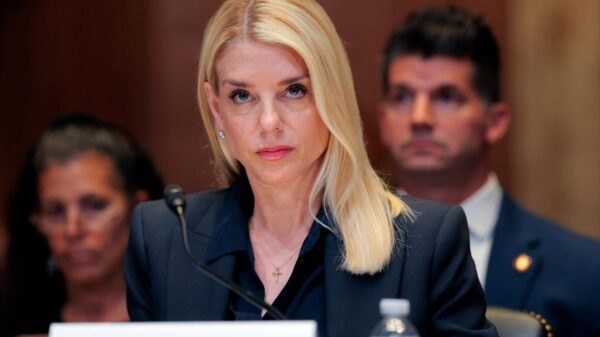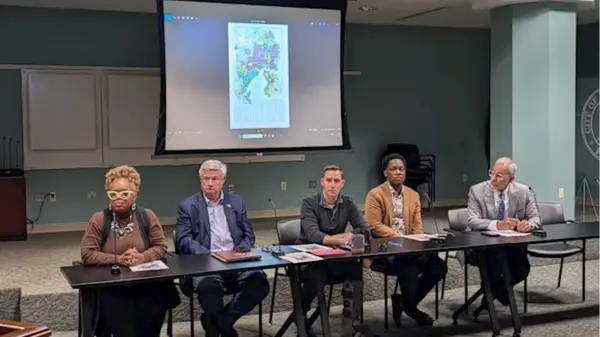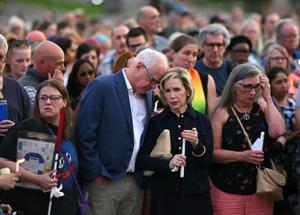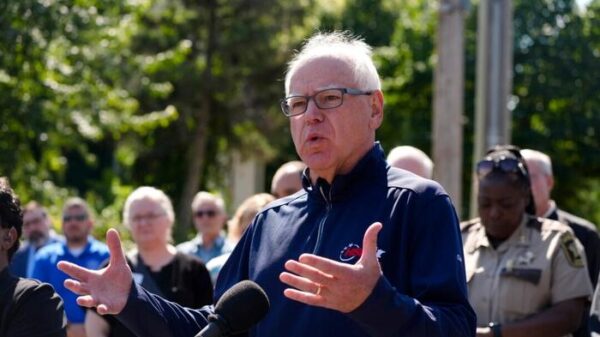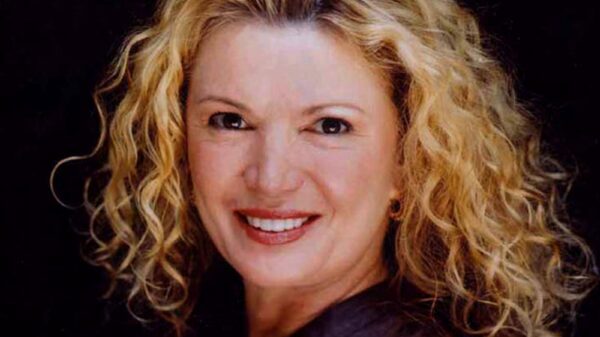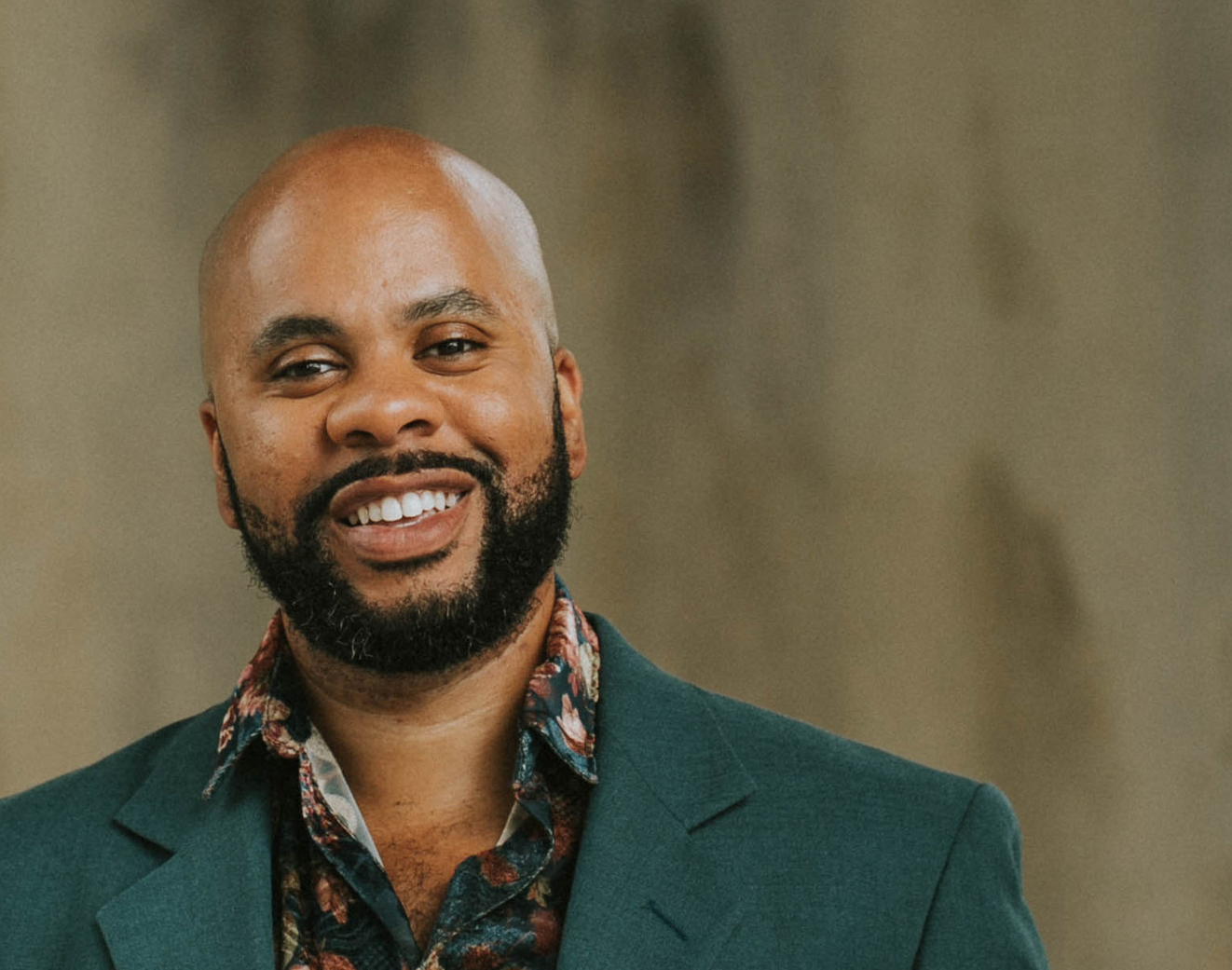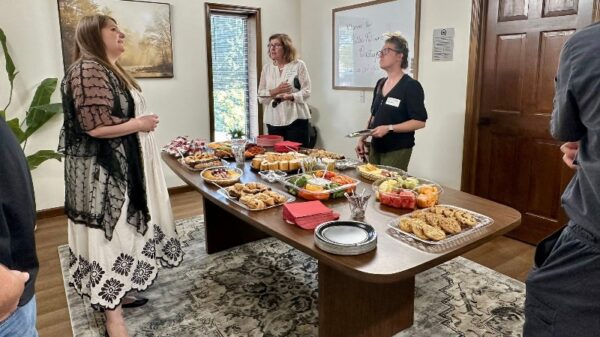BREAKING NEWS: Relationship tensions are escalating as a 64-year-old man expresses deep concerns over his girlfriend’s behavior during social outings. In a letter to advice columnist Eric, the man reveals troubling incidents that raise questions about their relationship’s stability.
The man describes a recent ATV ride with friends where his girlfriend, aged 59, spent an extended period talking to other men at a bar, claiming she was “checking market prices” for whiskey. He states, “Seriously? I’m supposed to believe that she couldn’t have just asked the price?” This incident, coupled with another encounter at a different bar where he found her conversing with a random man, has left him feeling uneasy and questioning her commitment.
The emotional weight of these events is significant. The author shares feelings of insecurity, indicating a possible lack of intimacy in their relationship. He is seeking an outsider’s perspective on how to address these issues effectively.
In response, Eric advises the man to have an open and honest conversation with his girlfriend. He encourages using “I” statements to express feelings without assigning blame. “You were talking to guys and ‘checking the market price’ of the whiskey, and that was confusing to me,” he suggests as a possible approach. Eric emphasizes the importance of understanding each other’s perspectives and working on the relationship rather than jumping to conclusions.
Simultaneously, the conversation shifts to healthcare concerns experienced by seniors. A 93-year-old man recently raised alarms about the practices of a podiatrist who suggested he could pay for better treatment outside of Medicare coverage. This revelation has sparked discussions on ethical medical practices and patient rights.
The man is urged to seek a new doctor who communicates clearly and respects Medicare guidelines. He is advised to contact state medical boards for clarity and to report any concerns, ensuring that patient welfare remains a priority.
As these stories unfold, they reflect broader societal issues surrounding relationships and healthcare transparency. Both cases highlight the urgent need for open communication in personal relationships and the importance of ethical practices in medical care.
WHAT’S NEXT: Readers are encouraged to reflect on their own relationships and healthcare experiences. The dialogue continues as individuals share their stories, seeking advice and support in navigating complex emotional and medical landscapes.
Stay tuned for further updates on these developing stories as more individuals come forward with similar experiences.











